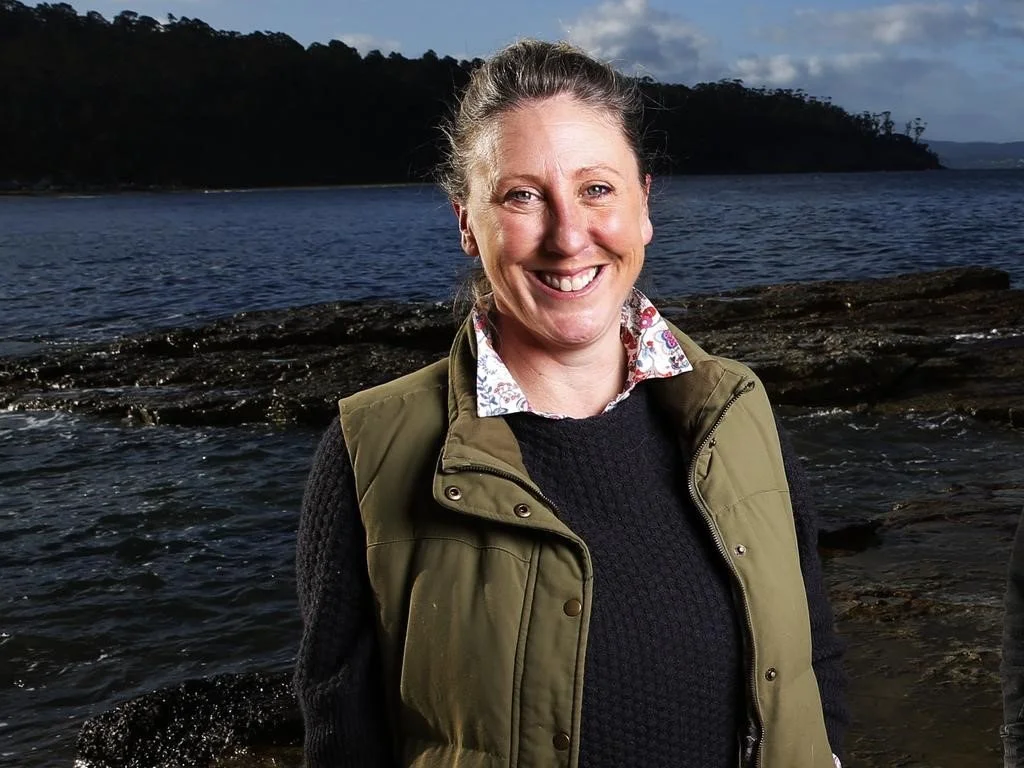Are recreational fishers being used as political bait?
After the events of the last week involving the salmon industry’s use of a new antibiotic florfenicol, the question that should be debated and isn’t, is – are recreational fishers being used as political bait?
In recent months, the Tasmanian Greens have ramped up their campaign against salmon farming, fine, that’s their political position. But increasingly, they’ve turned their attention to recreational fishers, using emotionally charged language and distorting facts to rally support from our community which has long stood outside party politics.
As the head of the independent peak body representing the rights and interests of recreational fishers across the state, when we speak out, it’s because we’re listening to the tens of thousands of everyday Tasmanians who fish for food, family time, and fun.
Being manipulated for the political agendas of politicians of any stripe is bloody frustrating to say the least and requires all fishers to question why.
Recreational fishers deserve respect, truth and transparency and to be kept informed - not manipulated.
The recent flashpoint is the emergency use of florfenicol, a veterinary antibiotic, to treat a bacterial outbreak in salmon pens. The Department of Health issued precautionary advice. They advised that there are no reports of adverse human health effects from exposure to traces of florfenicol in fish. However, to give fishers the choice to avoid consuming traces of antibiotic in caught fish, they may choose to avoid eating fish caught within three kilometres of treated pens during and for 21 days after treatment. Sensible, science-based guidance.
Frustratingly, the Greens and their aligned activist groups took this further—suggesting widespread waterway contamination and implying that recreational fishers were being excluded from vast stretches of water which would lock them out during peak fishing season. The messaging was alarmist, the tone theatrical.
This kind of rhetoric undermines public trust in health authorities and exaggerates the intent of the advice. Just imagine if they’d done something similar with the Director of Public Health’s advice during the covid pandemic.
What they are doing is not about informing fishers—it’s about frightening them.
Why? Because fear is a powerful political tool.
By framing this issue as a significant threat to health and fishing access, the Greens and associated activist groups tap into our fear of losing even more opportunities to fish, the most precious thing to a recreational fisher. It also helps them expand their appeal beyond their traditional urban environmentalist base, reaching into coastal and regional communities where recreational fishing is our way of life.
It’s a clever strategy. Recreational fishers lend credibility to the Greens’ anti-salmon stance. Recreational fisher support shifts the narrative from “activist opposition” to “community concern,” making the campaign harder to dismiss as ideological.
But there’s also a deeper agenda at play.
The Greens’ policy is to expand marine protected areas. These areas include no-take zones, where recreational fishing is prohibited. Tasmania already has seven marine nature reserves and six recently expanded Commonwealth marine parks which locks out fishers from even bigger areas. The Greens plans would potentially ban fishing in more Tasmanian waters and lock us out of our favourite fishing spots.
Make no mistake, recreational fishers are being courted for our political value, even as these policies are quietly advanced that could limit our access to the very waters we’re being rallied to defend.
Independent Member for Franklin, Peter George, has joined this chorus. His fishing policy, released during the 2025 election, proposed biomass thresholds of 40–50% for management action—effectively closing key fisheries like sand flathead, rock lobster, abalone, calamari, and striped trumpeter.
Peter George’s policy was panned by several university professors, who criticised its unscientific basis and impracticality. Yet his stance aligns neatly with the Greens’ push for tighter regulation and reduced fishing access.
So where does this leave Tasmania’s recreational fishers?
Caught in the middle. Our genuine concerns about water quality, fish health, and access are being amplified - not to empower us but to serve someone else’s political agenda.
We’re being used as bait in a campaign that could ultimately restrict our rights and reshape Tasmania’s marine landscape.
Tasmania deserves a balanced conversation about aquaculture, marine protection, and recreational access. That conversation must be grounded in science, transparency, and respect—not fear, distortion, and political theatre.
It’s time for rec fishers to ask themselves: are we being informed or are we being used?
Jane Gallicahn - CEO
(as published in the Mercury newspaper)

